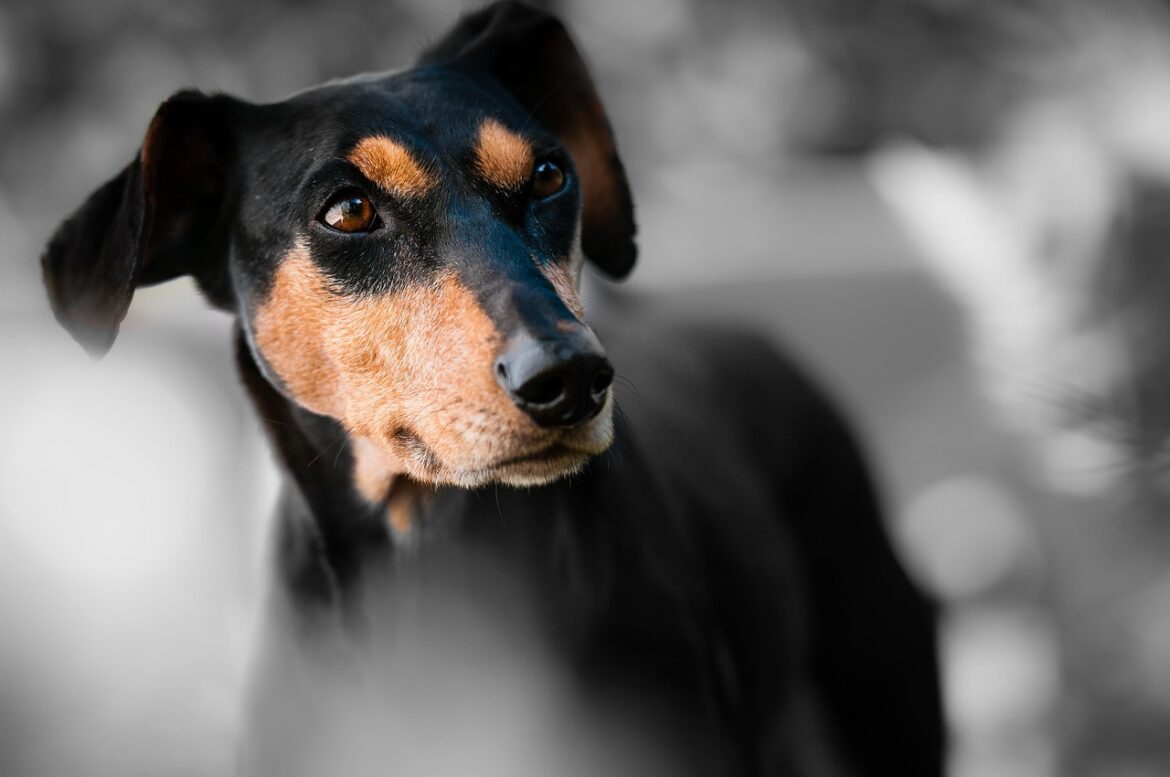Sneeze-Free Companions: Top Hypoallergenic Dog Breeds for Allergy Sufferers
For many people, the joy of owning a dog is often marred by allergic reactions. However, hypoallergenic dog breeds may be the solution to this dilemma. These breeds tend to produce fewer allergens than others, making them perfect for allergy sufferers who long for a furry companion. This article explores top hypoallergenic dog breeds that are known for being allergy-friendly, providing valuable insights for those looking to add a new dog to their family without triggering sneezes and sniffles.
Understanding Hypoallergenic Dogs
Before diving into the hypoallergenic dog breeds, it’s important to understand what “hypoallergenic” means in the context of pets. No dog breed is completely allergen-free, but hypoallergenic dogs produce fewer allergens through dander, saliva, or urine, which are the primary triggers for pet allergies. Additionally, many of these breeds shed less hair and skin cells, thus reducing the amount of potential allergens in your home.
Recommended Hypoallergenic Breeds
The Poodle
The Poodle, available in standard, miniature, and toy sizes, is one of the most popular hypoallergenic dogs. Their curly coats trap dander and hair efficiently, reducing the allergens that float into the air. Regular grooming keeps their coat pristine and minimizes shedding, making them ideal for allergy sufferers.
The Bichon Frise
Known for their gentle and playful nature, the Bichon Frise sports a double coat that helps to hold back allergens. Their hair grows continuously and sheds very little, which means fewer airborne allergens. They require regular grooming to maintain their fluffy appearance and keep potential allergens at bay.
The Portuguese Water Dog
These energetic and hardworking dogs have a water-resistant coat that produces minimal shedding. The Portuguese Water Dog’s hair growth cycle is slow, resulting in less floating hair and dander around the house. Regular trimming and brushing are essential for maintaining their coat and minimizing allergens.
The Schnauzer
Available in miniature, standard, and giant sizes, Schnauzers are known for their distinctive bearded snouts and hypoallergenic qualities. Their wiry double coat captures much of the dander and loose hairs. Routine grooming and regular bathing limit shedding and keep allergens under control.
The Maltese
A small breed with long, silky hair, the Maltese sheds very little and typically produces less dander. Due to their size and coat type, they are particularly popular in urban settings. Careful and frequent grooming are crucial to prevent matting and reduce airborne allergens.
Care and Maintenance for Hypoallergenic Dogs
Choosing a hypoallergenic dog breed significantly reduces allergies, but it does not eliminate the need for diligent grooming and housekeeping. Regular brushing and bathing of your dog can help contain dander and excess hair. Additionally, using HEPA filters in your home and cleaning surfaces and textiles regularly can further reduce exposure to allergens.
Choosing the Right Hypoallergenic Dog for Your Lifestyle
When selecting a hypoallergenic dog, consider your lifestyle and the dog’s energy levels and care requirements. For example, active individuals might find a perfect companion in the energetic Portuguese Water Dog, while those looking for a calmer pet may prefer the gentle Maltese. Always spend time with a dog before adopting to ensure your allergy compatibility and a mutual comfort level.
Final Thoughts on Hypoallergenic Dogs
Hypoallergenic dogs offer hope for allergy sufferers wishing to enjoy the companionship of a pet without uncomfortable symptoms. While no dog is entirely allergen-free, choosing one of the breeds known for being hypoallergenic can significantly mitigate allergy symptoms, allowing for a happier home environment for both the pet and their humans.
FAQs About Hypoallergenic Dogs
Are hypoallergenic dogs completely free of allergens?
No, hypoallergenic dogs are not completely free of allergens. However, they produce fewer allergens compared to other breeds, which can help to reduce allergy symptoms in sensitive individuals.
How often should I groom my hypoallergenic dog?
The grooming frequency depends on the breed. Generally, it is recommended to brush them several times a week and schedule regular grooming sessions every 4-6 weeks to keep their coats clean and reduce allergens.
Can hypoallergenic dogs live in apartments?
Yes, many hypoallergenic breeds are well-suited for apartment living. Smaller hypoallergenic dogs like the Maltese or Bichon Frise are particularly adaptable to smaller spaces.
In conclusion, hypoallergenic dog breeds offer an excellent option for allergy sufferers who want to experience the joys of dog ownership without the discomforts of allergic reactions. With proper care and management, you can enjoy a fulfilling relationship with your hypoallergenic pet.



